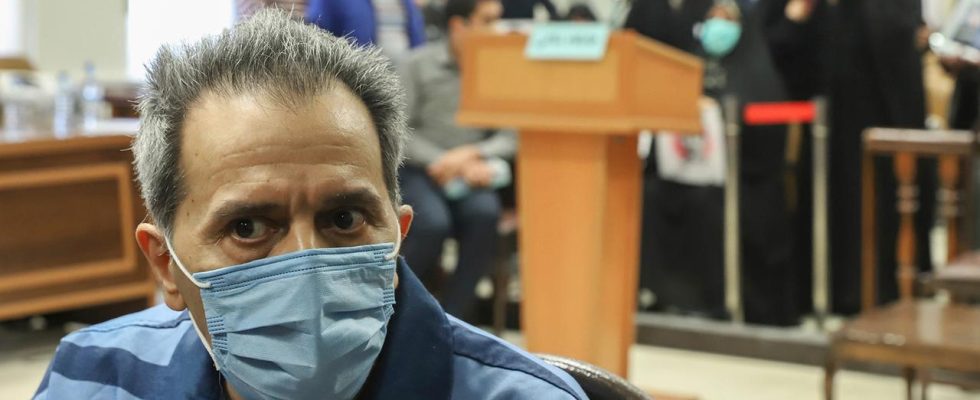After a number of German politicians, EU foreign policy chief Borrell also criticized the death sentence against the German-Iranian Sharmahd. The judgment must be overturned and consular assistance granted.
The European Union has criticized Iran’s death sentence against Jamshid Sharmahd. EU foreign policy chief Josep Borrell called on those responsible in Tehran to refrain from carrying out the sentence. He also demanded that the sentence against the German-Iranian be overturned.
Borrell criticized the fact that the 68-year-old had no access to a lawyer of his choice or consular assistance throughout his detention, although he also has German citizenship.
General criticism of the death penalty
The EU foreign policy representative emphasized that he fundamentally rejected the death penalty. It violates the inalienable right to life enshrined in the Universal Declaration of Human Rights. It represents the most cruel, inhuman and degrading punishment.
He called on Iran to refrain from executions, to pursue a consistent policy of abolition of the death penalty and to strictly abide by its international obligations.
Foreign Minister Annalena Baerbock and CDU leader Friedrich Merz, among others, had previously sharply criticized the death sentence. The verdict had led to considerable diplomatic turmoil between Iran and Germany.
Raised in Germany
Sharmahd was sentenced to death in February and the verdict was upheld on Wednesday. The German-Iranian is said to have been arrested by the Iranian secret service in Dubai in the summer of 2020 and then taken to Iran. Since then he has been in prison.
Born in Tehran, Sharmahd came to Germany at the age of seven and grew up in Lower Saxony. In Hanover he ran a computer shop. He has been a German citizen with dual citizenship since 1995.
Sharmahd engaged in exile opposition
In 2003 the family man emigrated to the USA and founded a software company. There, Sharmahd was involved in the exile opposition group “Tondar” (Thunder), which advocates the reintroduction of the monarchy in Iran.
The Iranian authorities hold him responsible, among other things, for a terrorist attack that killed 14 and accuse him of collaborating with the CIA and the FBI. Sharmahd’s family and human rights groups deny the allegations.

